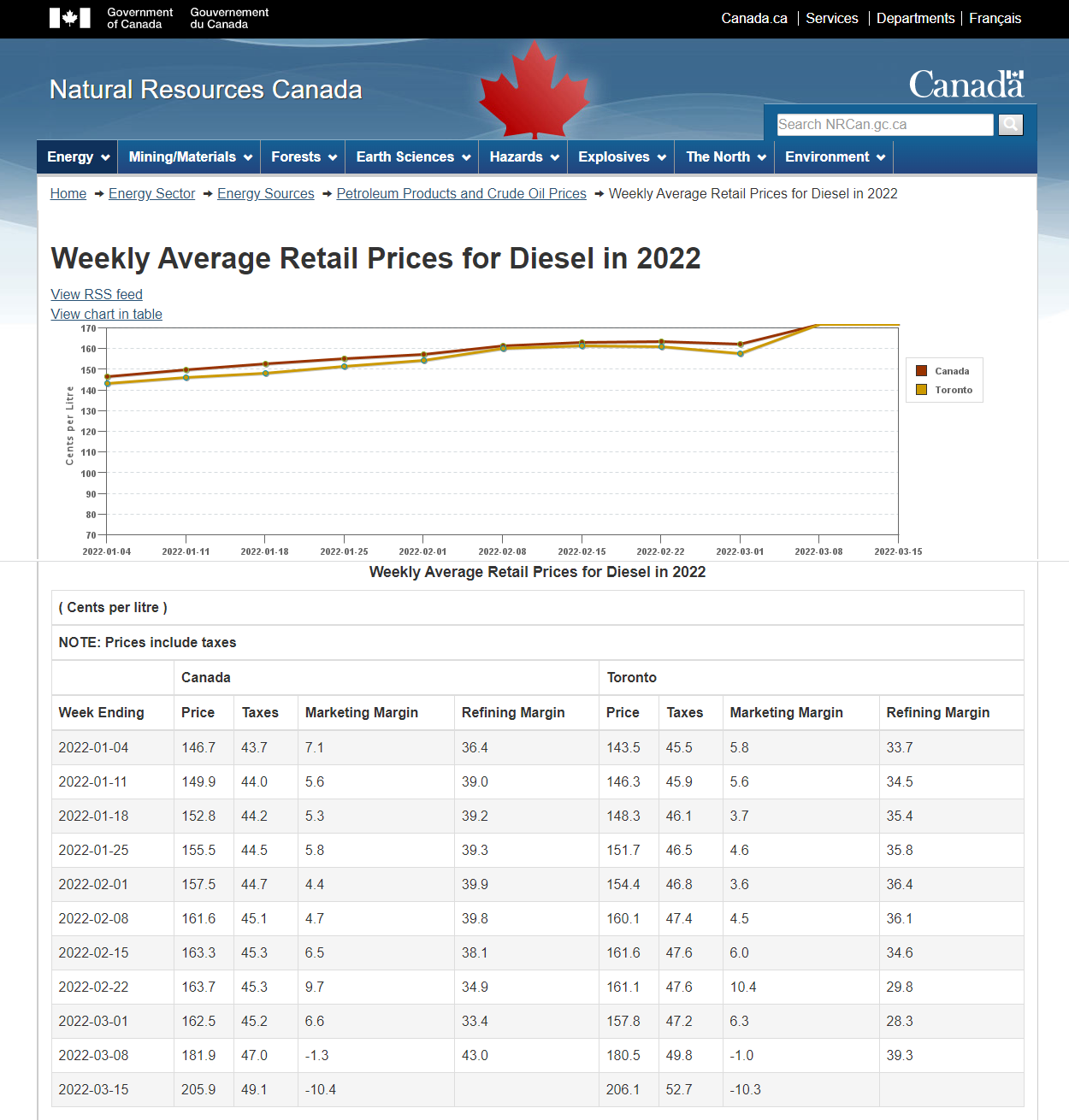What Is a Fuel Surcharge in Trucking?
Fuel surcharges provide a framework to ensure carriers do not incur losses due to fuel costs constantly changing. Surcharges initially began because agreements to ship materials are contractual arrangements between a shipper and a carrier. A fuel surcharge can protect a carrier against loss since fuel prices constantly change due to uncontrollable factors. During the contract terms, fuel surcharges can protect the carrier from losing money if fuel prices rise. No federal administration has any regulations on fuel surcharge policies, leaving it up to carriers and shippers to negotiate and set the policy within the contract.
How Is a Fuel Surcharge Calculated?
For shippers who wonder how to calculate fuel surcharge, the answer depends on the carrier’s fuel surcharge policy. A carrier will say how the company determines the fuel surcharge, which a shipper has the right to ask about even if the carrier does not mention the cost. Regardless, there are some common factors at play in calculating a fuel surcharge.
The Base Fuel Rate
The base fuel rate is a price that determines the activation of the fuel surcharge. If the base fuel sets at $1.00 per litre, once the fuel cost rises above the base fuel rate per litre, the fuel surcharge activates and applies to the shipment cost.
Base Fuel Mileage
The base fuel mileage factors in fuel economy and the kilometre per litre averaged by a truck. Professional carriers often spend large amounts of money on research and development to improve the fleet’s Kilometers Per Litre (KMPL) even by a few tenths of a kilometre —most tri-axle trucks with a full load average about 2 KM per litre.
The Source and Interval of the Average Fuel Price
The Government of Canada, Natural Resources Canada publishes the weekly average retail price for diesel on their website every Wednesday for the upcoming week. iTRUX Fuel Surcharge is calculated on a Base Fuel price of $1.00 per litre (excluding taxes) and the current Average Diesel Fuel purchased in Toronto excluding all taxes.
Below is an example of the fuel prices published by the NRC for 2022 up to March 15th.

How to Calculate and Assess Fuel Surcharges
The NRC website further explained how the weekly retail diesel fuel price comes into the calculation: “Many shippers and truckers use that weekly retail price information in their fuel pricing formulas. However, NRC does not calculate, assess, or regulate diesel fuel surcharges. NRC cannot tell transportation companies and freight carriers how to calculate a fuel surcharge.”
At iTRUX, we have come up with a formula that is fair and transparent for all parties involved in the bulk material transportation industry. To illustrate the formula , consider that the average retail price of diesel in Toronto for the 1 week ending March 08 2022 is published on the NRC website is 180.5¢ per litre with taxes at 49.8¢. Let’s assume the base fuel price set for the Bulk Haulage industry 100.0¢ per litre, the base average fuel effeciency for a dump truck at 2 KM per litre, and total the distance travelled to complete the job is 400 KM.
First, take the current fuel price less taxes (130.7¢ per litre) minus the base fuel price (100.0¢ per litre), which equals 30.7¢ per litre. For the second calculation, divide that result by the fuel efficiency of the truck, as shown below:
30.7¢ / 2 KMPL = 15.35¢ per KM
To determine the overall fuel surcharge, take the surcharge per KM times and multiply it by the total KM driven:
15.35¢ x 400 KM = $61.40 fuel surcharge
The carrier will invoice a $61.40 fuel surcharge for a shipment distance of 400 KM to the shipper based on this criteria, and it replicates across all shipments. It’s that replication and complexity that necessitates the use of an automated analytics platform to track fuel surcharges through predictive capabilities and ensure that billed surcharges are accurate for each work day. iTRUX was built for this.
